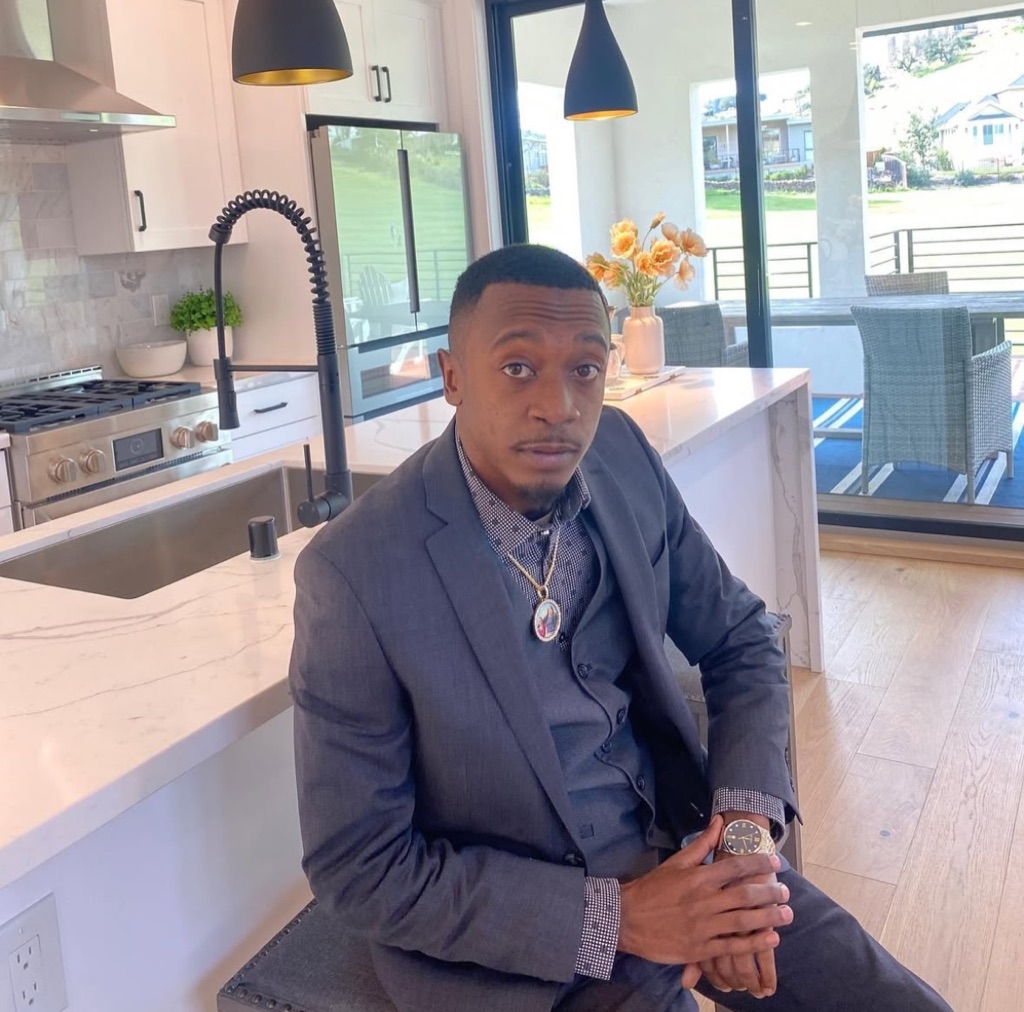“I had an interesting early October. I woke up and my father had been up for many hours. He called me in and said, ‘You have to look at this; there’s a kibbutz in Israel that has been attacked,’” junior Aviv Shakked said.
On Oct. 7, 2023, the Israeli-Palestine war began with a deadly attack, killing hundreds. The world was shaken. Aviv was one of many people around the world who was shocked and horrified by the violence. He felt called to help, so he asked his parents if he could travel to the Israel-Gaza border over Thanksgiving break.
Aviv’s mother, Sharon Shakked, was understandably shocked when he came to her with this proposition.

“On Oct. 7, we were still trying to understand what was happening. It was so hard to believe. So it was by the eighth that Aviv came to us and said, ‘I want to go. I want to go and I want to help.’ We said, ‘No, love the idea and love the passion, but not a chance.’ But he really kept pushing,” Sharon said.
Like many Israeli and Palestinian sympathizers, Aviv felt that he couldn’t sit around and wait for others to help struggling citizens. His parents finally relented, and Aviv didn’t waste any time. On Nov. 16, he set off on a 10 day trip to help farmers on multiple kibbutzim, self-sufficient communities, attend to dying crops due to the mass deployment of Israeli citizens.
“[When I left for the trip], I sought to alleviate a sense of helplessness. I had seen this [attack] happen to a country that I’m very connected to and I was very helpless in a place where I couldn’t do anything about it,” Aviv said. “It was trendy [in Marin] to hate on Israel, and I was hearing that all around here. I wanted to be on the opposite end of that spectrum.”
When boarding his flight, Aviv had only a couple of volunteer opportunities scheduled, as well as a couple of family members and friends who would care for him. His goal was simply to get to southern Israel and see how he could help from there.
“

It became clear where the needs were: the various fields and kibbutzim throughout the south. We connected with friends and family there to say our son was coming. We asked our family if they could [drive Aviv to the south] and they all said to us, ‘We’re not going to the south — that’s bonkers.’ [They said], ‘It’s not safe there because it’s a war zone,’” Sharon said.
But Aviv wasn’t discouraged; he found his way to the south and bravely inserted himself into the warzone.
“When I went to one of the big kibbutzim that got attacked, soldiers would come back from patrols in Gaza to regroup and re-ammo there. So there was a lot of activity. All day, you would hear rockets landing,” Aviv said. “You could tell the difference between Israeli rockets and Hamas rockets. We were about three miles away from where they were bombing Gaza so that we could hear it. But, when [Hamas] bombed us, it was very loud and [the rockets] would go over your head.”
Aviv spent his time doing heavy labor for the next couple of days, picking fruit. His parents regularly checked his iPhone location to ensure his safety, but one night his father, Orr Shakked, was given a fright.
“It looked like he was in Cairo. I got alarmed because I thought, ‘Gosh, maybe something had happened.’ I tried to contact him, but it was in the middle of the workday, so he was volunteering,” Orr said. “I then recalled reading an article about how, near the border with Gaza, the Israeli military was scrambling the GPS signals in order to protect military operations. That’s what happened, because he was so near where the military was in the Gaza strip.”

While Orr was ensuring his son’s safety, Aviv was finally seeing the war-torn south up close. The area was ravaged, with family homes, office buildings and schools destroyed, often graffitied with the perpetrator’s mark of success. Aviv was shocked by the damage and was grateful for the opportunity to help. He wishes others would help in this dire situation.
“I see a lot of rich Jewish parents that could also go [volunteer in Israel] very easily, so I’ve definitely been encouraging the ones in my life to go,” Aviv said. “Any problem or complication I had on my trip was because I am a minor. I think [volunteering in Israel] is a very feasible thing. It’s not physically challenging, it’s very purposeful, it feels very meaningful and it helps a lot. I definitely encourage it.”
Many people have questioned the Shakked family’s decision to let their 16-year-old son travel so far away during an intense war, but Aviv’s parents raised him to follow his beliefs and passions.
“We raised our kids to feel proud of who they are and to take action,” Sharon said. “We decided that we shouldn’t be surprised when they have those beliefs and want to help. This was a calling for Aviv.”
Throughout his time in Israel, Aviv worked to thoroughly document his surroundings. He has always had a strong passion for photo-journalism and wanted to shine a light on the harsh realities of war. All of the photos above were taken by Aviv on his 10 day trip in Israel.


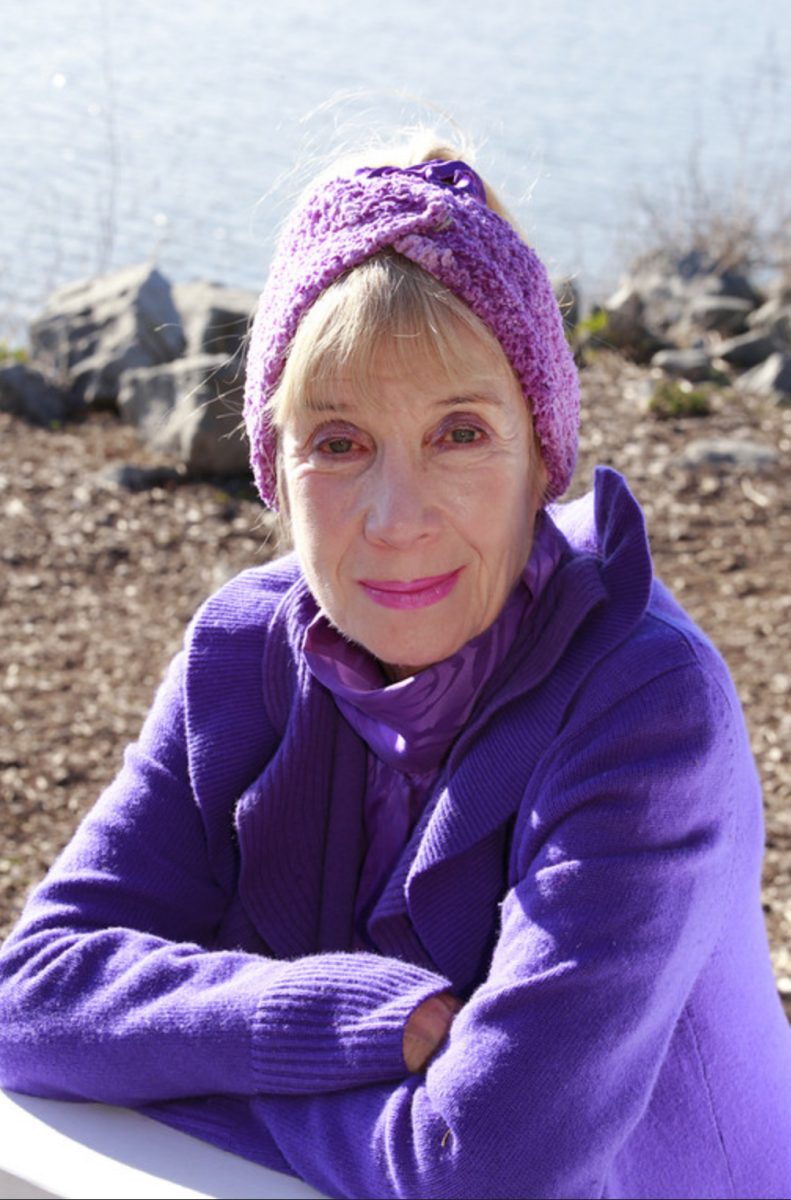
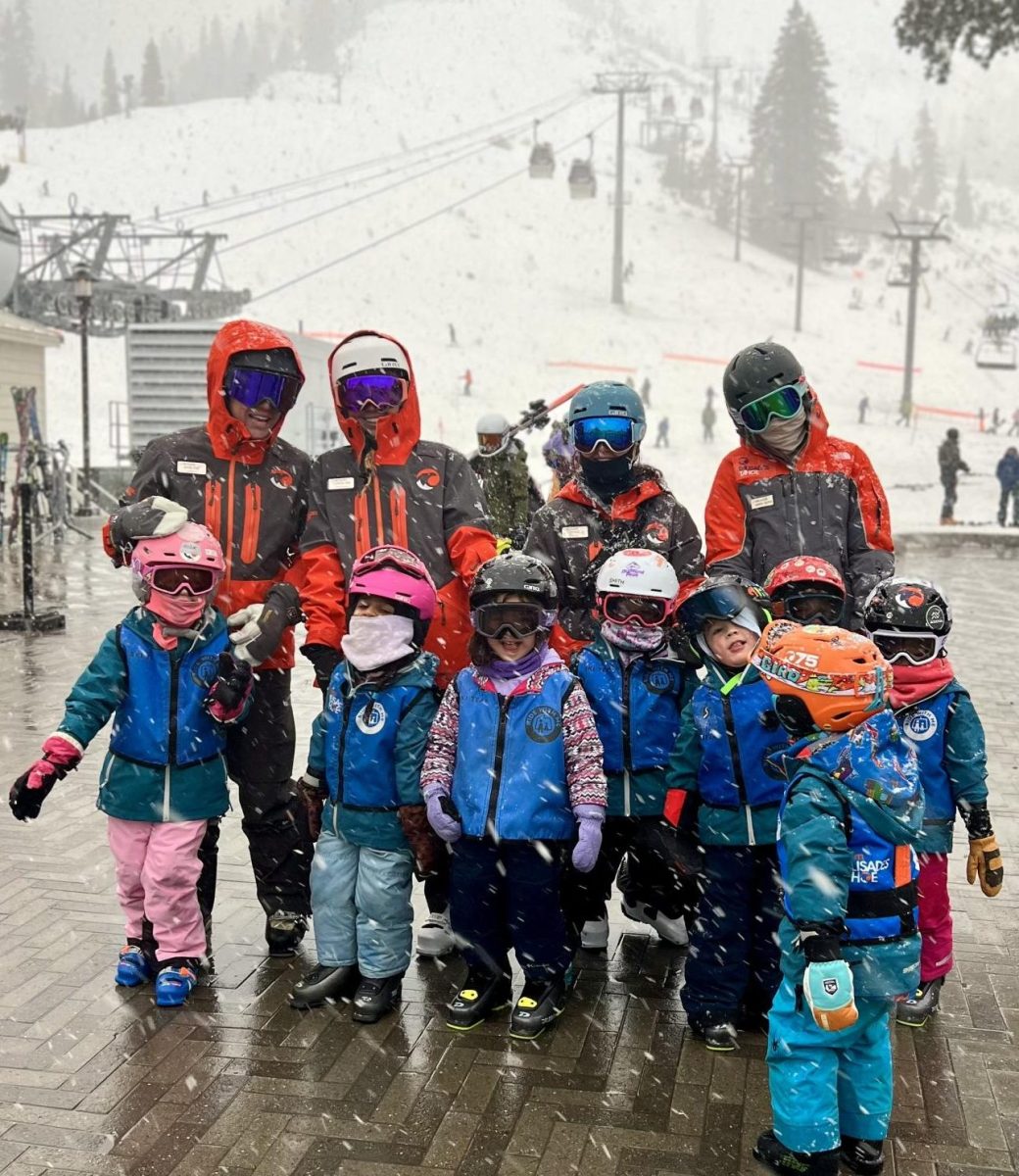
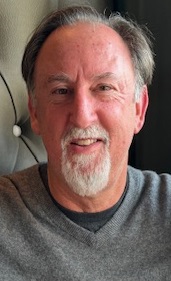


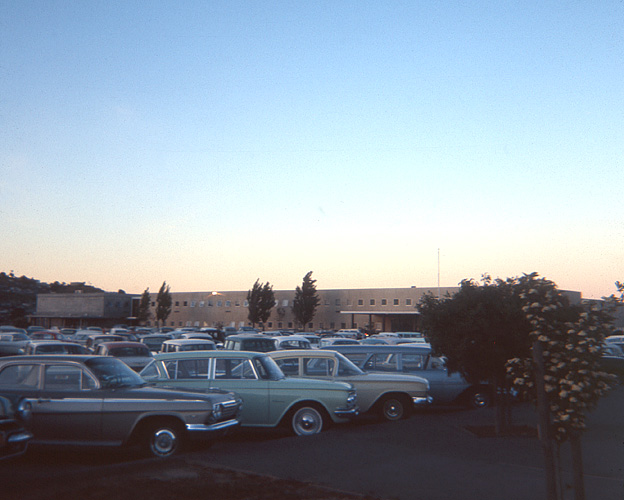


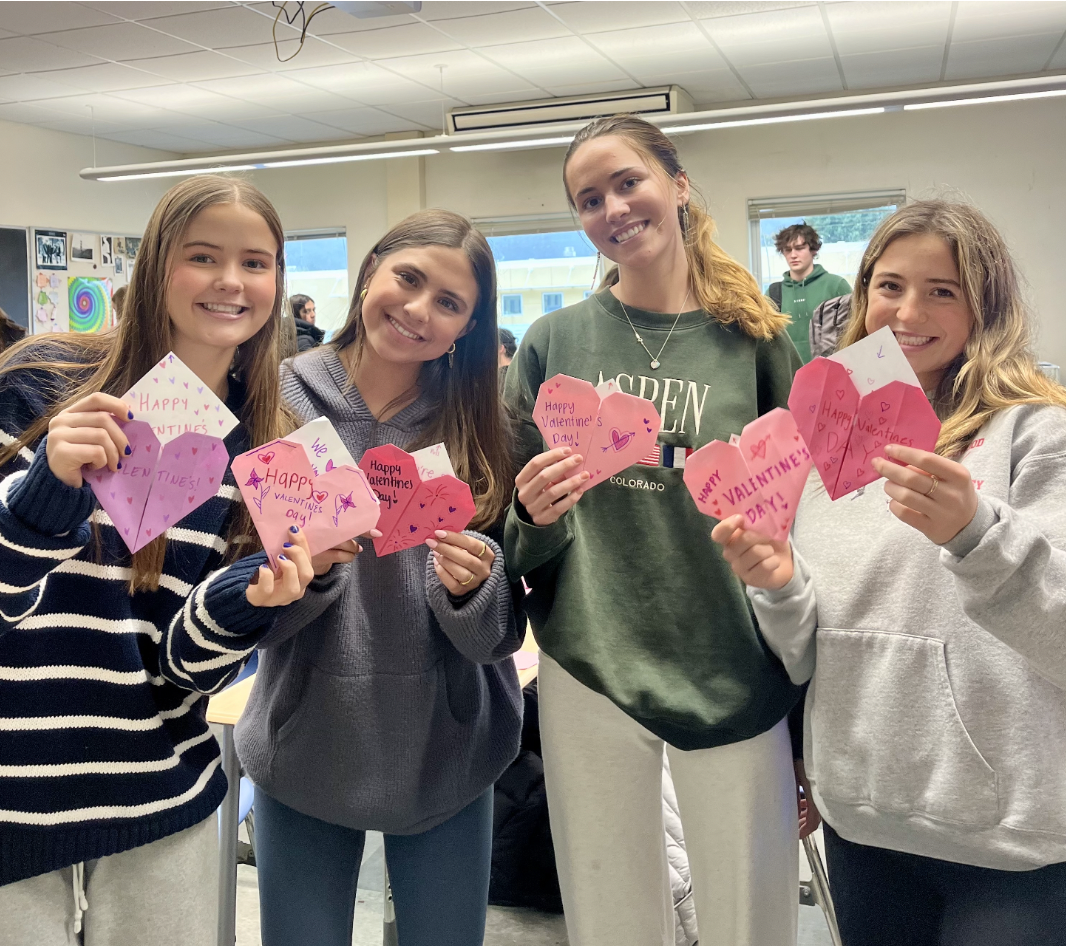
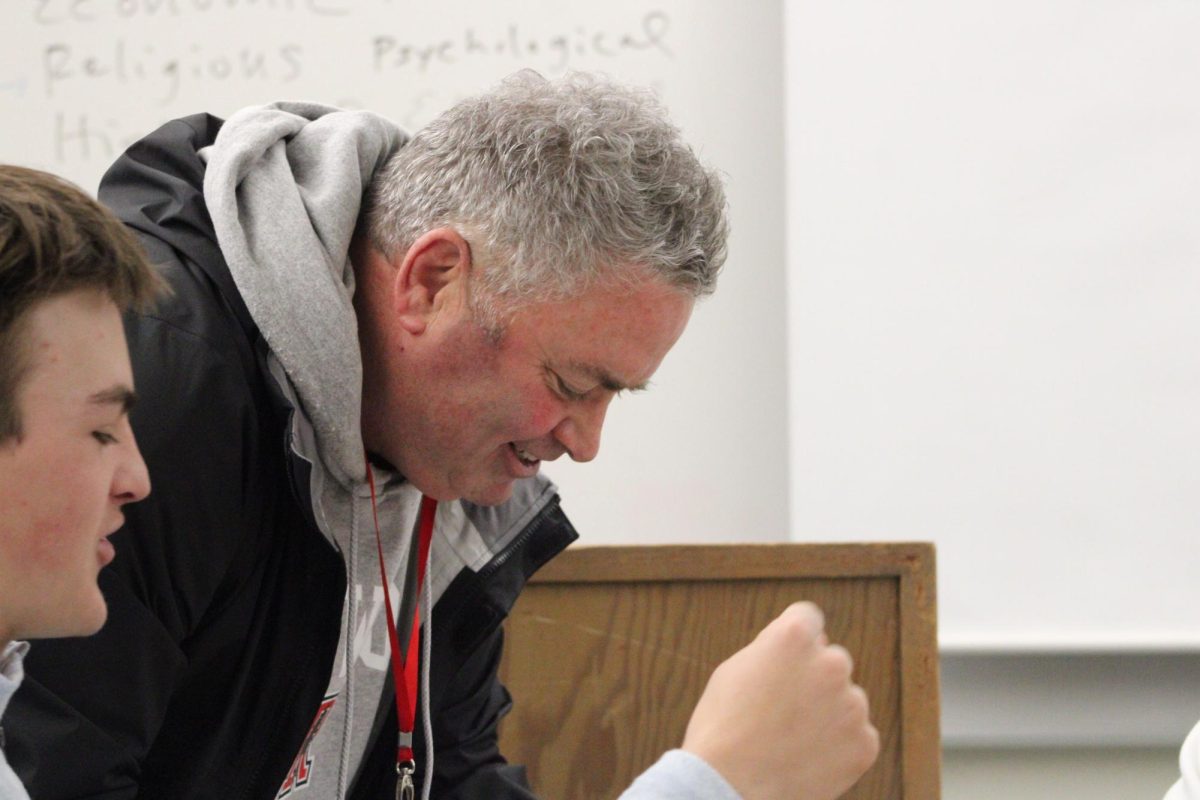
!["I knew I wanted to be a writer. I wasn't a good student [at Redwood], but I wanted to be a writer, and I wanted to paint. I'm self-taught in all of it, which gave me an original voice," Paige Peterson said. (Photo courtesy of Paige Peterson’s website).](https://redwoodbark.org/wp-content/uploads/2025/02/ppeterson.png)
